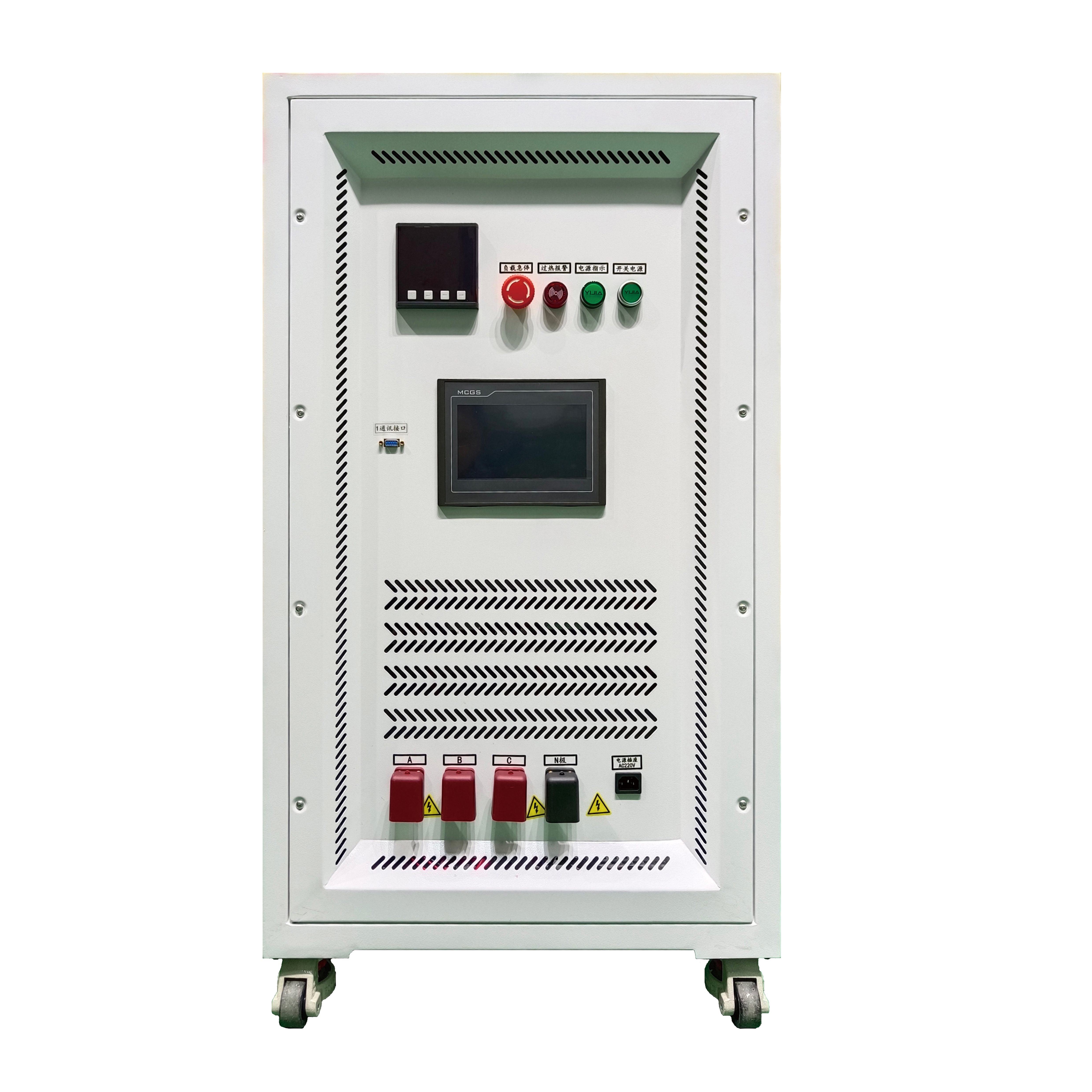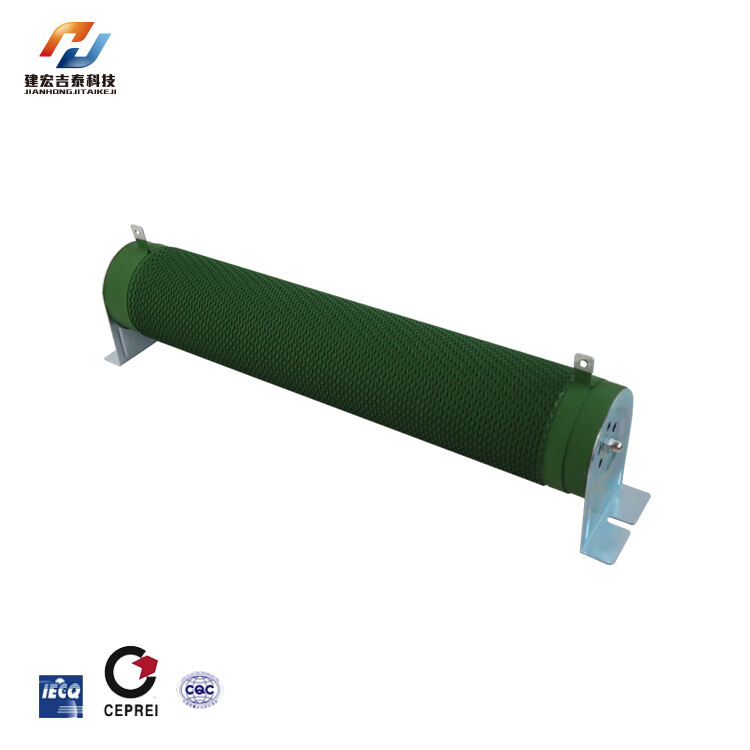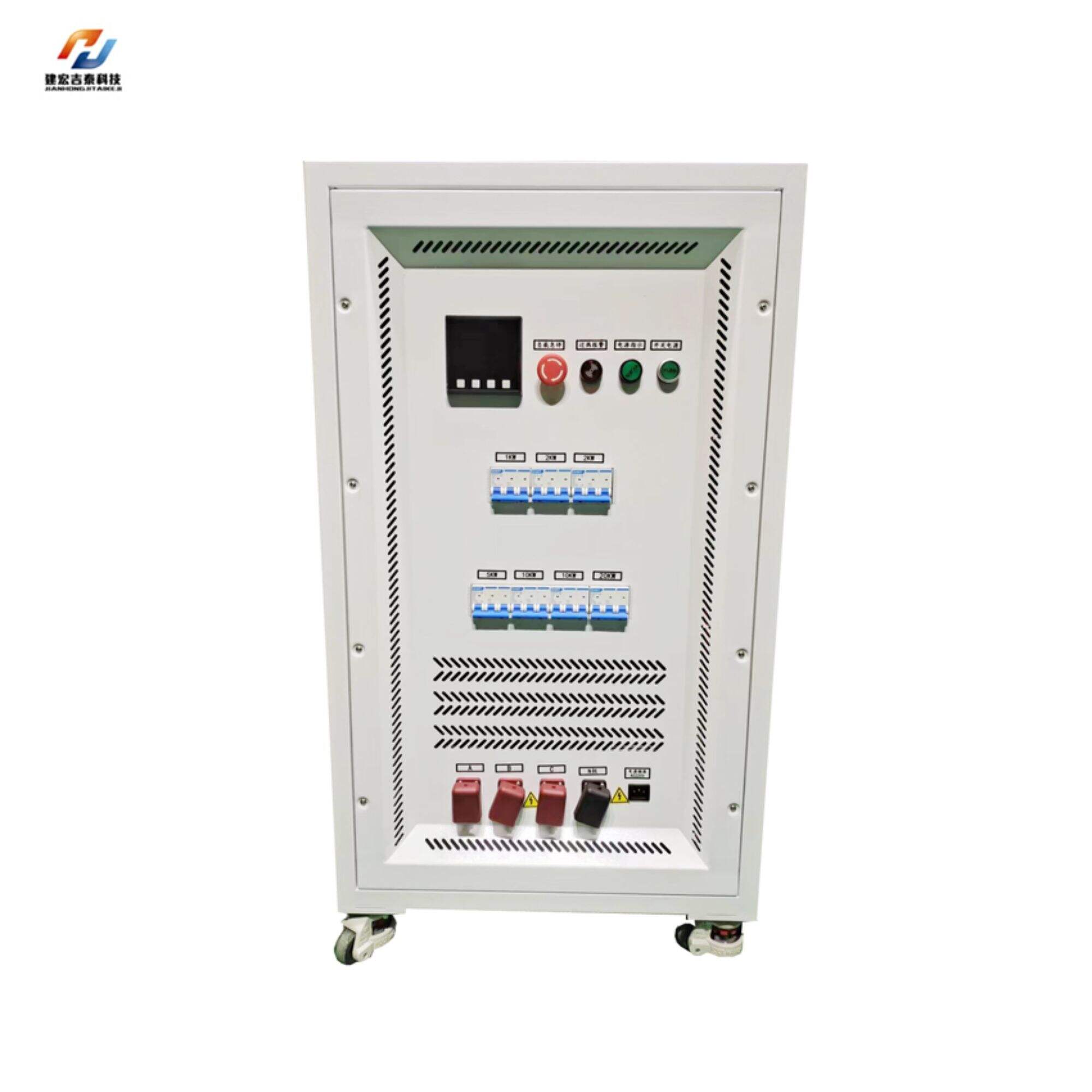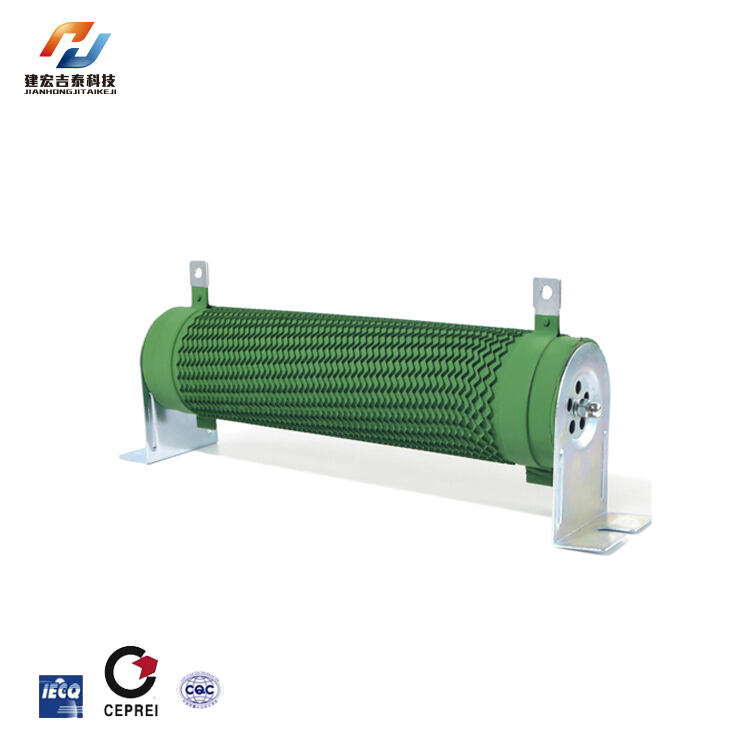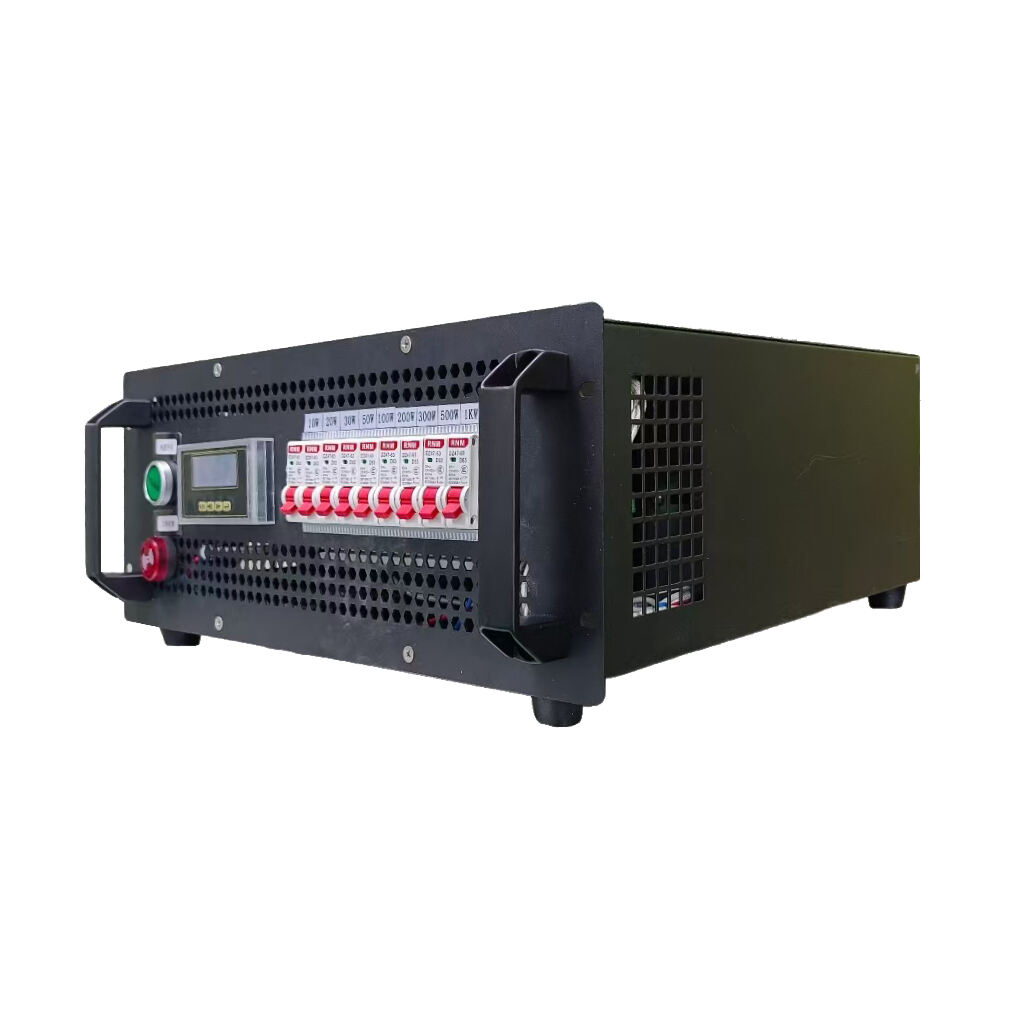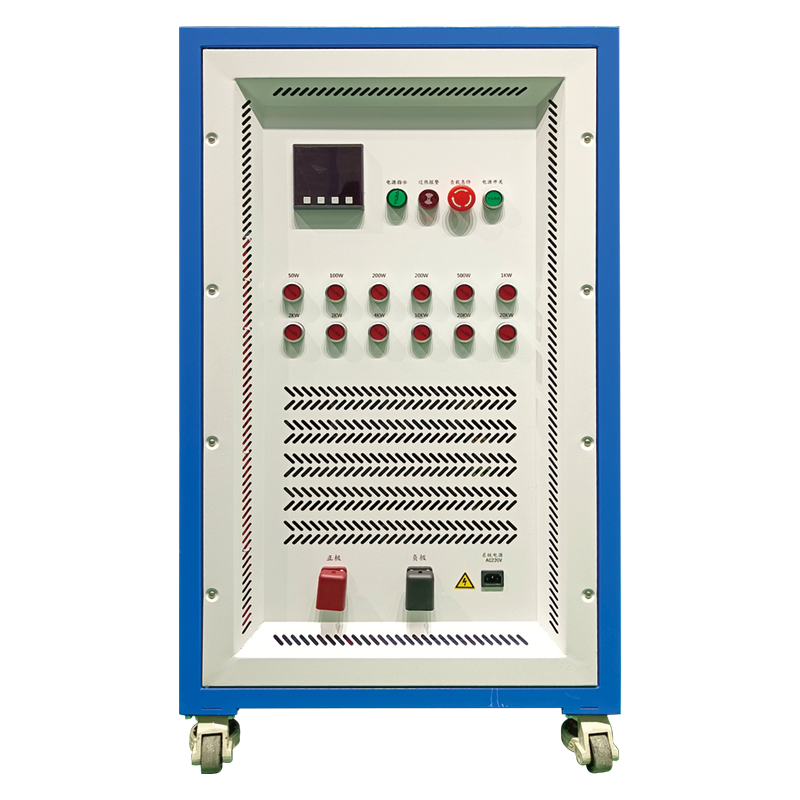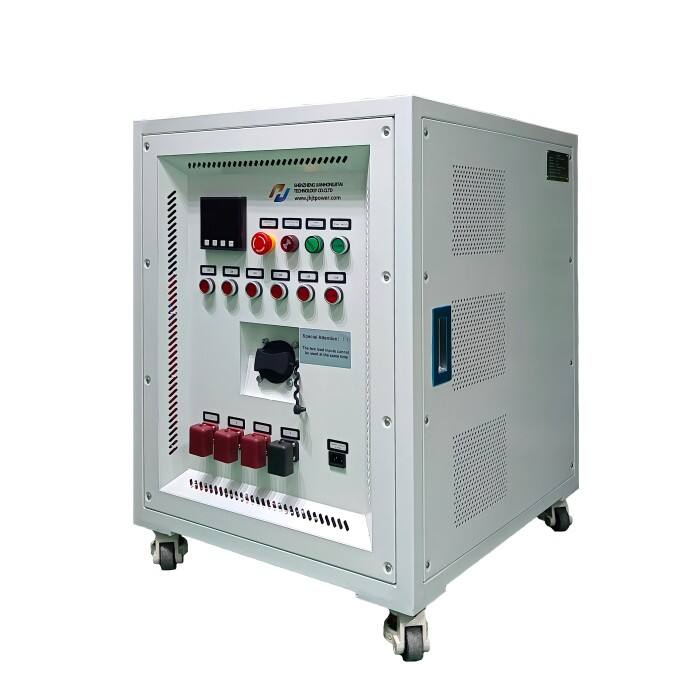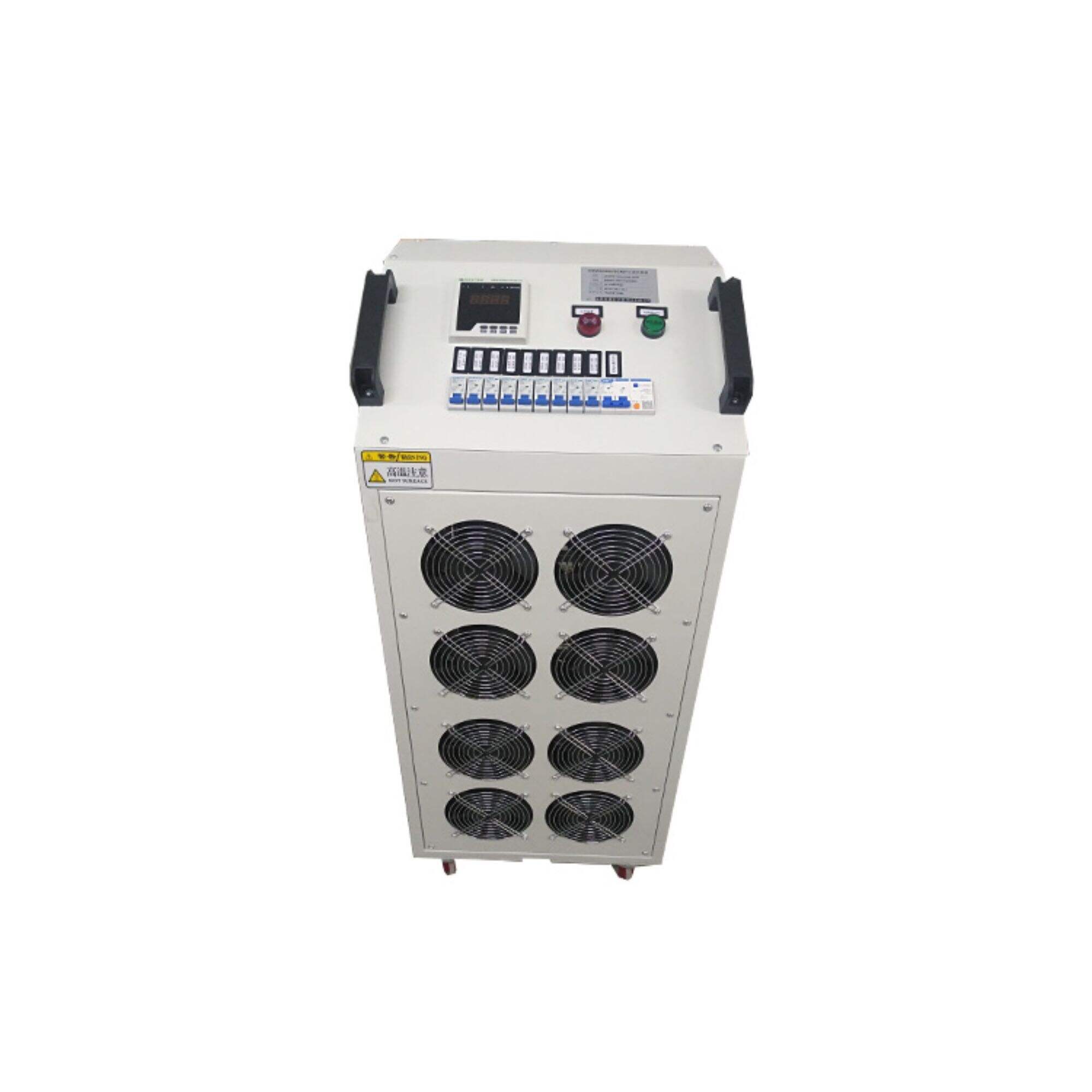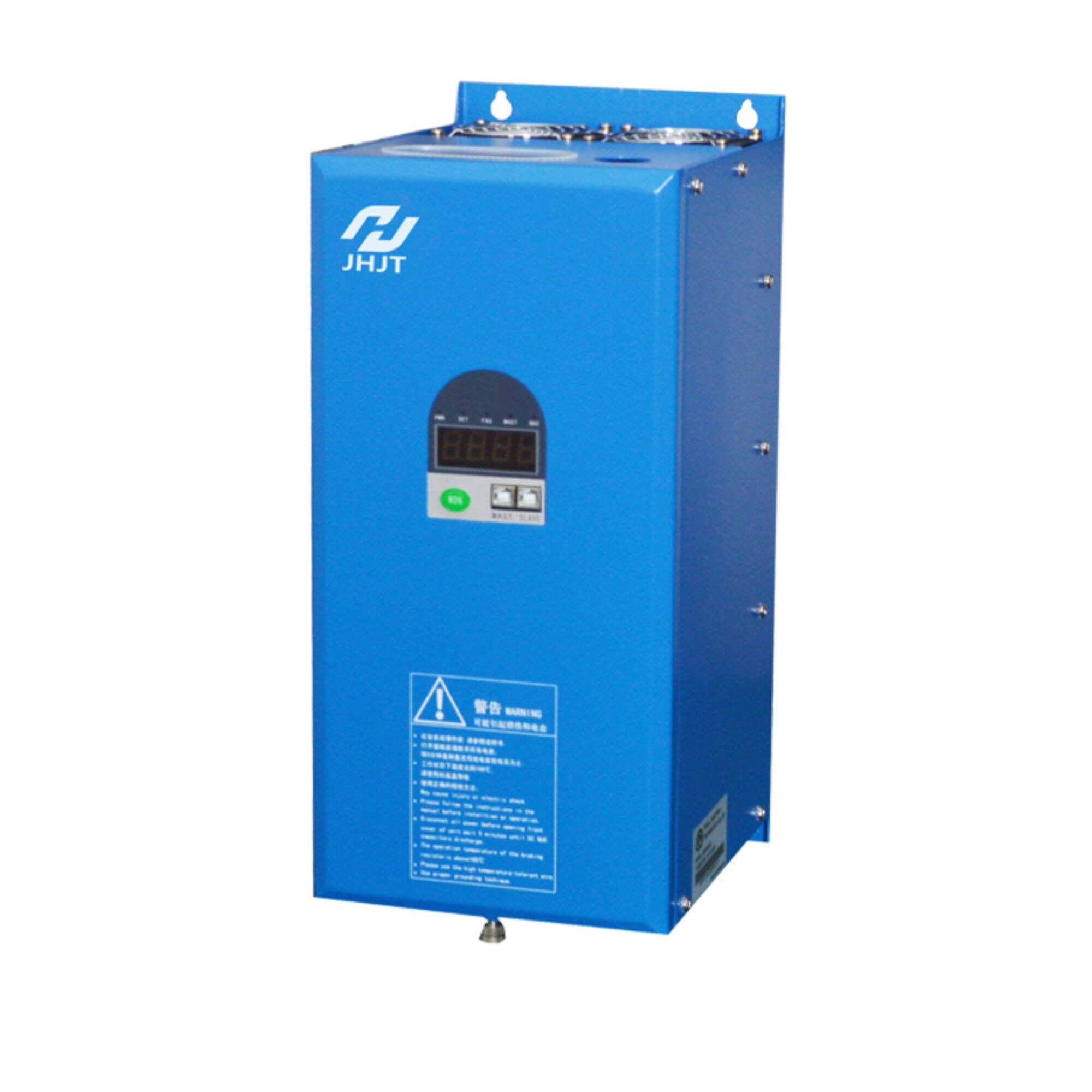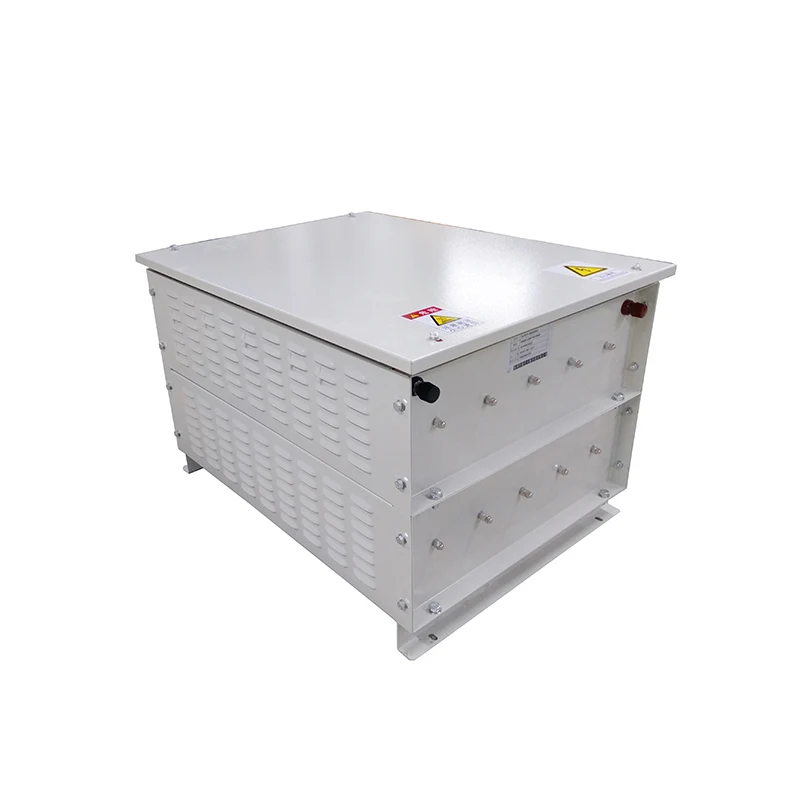High Stability Aluminum Case Resistors: A Comprehensive Overview
Aluminum housed high stability resistors are vital in any electronic circuit due to their reliability and preciseness. In this article, we explore how they are constructed, applied, what makes them beneficial and finally, some of the things that should be taken into account when using them.
Construction and Design
These resistors have a tough aluminium case that is used not only for strength but also for effective heat dissipation. The aluminium case encapsulates the resistor element made of metal film or wire twisted around ceramic core. Such construction ensures steadfast operation at varying temperatures and conditions under which it has to operate.
Applications
High stability aluminum case resistors find applications in critical areas where precision and reliability are paramount:
Precision Measurement Equipment: Use with multimeters, oscilloscopes, data acquisition systems among other instruments to enable accurate readings across different time points.
Industrial Automation: These control systems help regulate factory operations requiring uniform performance always.
Medical Equipment: Ensure dependable machines such as diagnostic devices, patient monitoring tools, medical imaging equipment etc., by fitting such elements in them.
Advantages
Stability: Long term retains its resistance values well over time.
Accuracy: Resistance is very exact providing much-needed voltage and current measurement accuracy in various applications.
Durability: An aluminium casing prevents environmental degradation effects like moisture absorption or dust accumulation while also protecting against mechanical stress on the board itself making it viable for use in harsh settings while being rugged enough to survive without breaking down under these conditions.
Heat Dissipation: The use of an aluminum casing allows for efficient thermal management thus preventing overheating thereby prolonging the life of a resistor.
Considerations for Use
To maximize the benefits of high stability aluminum case resistors:
Operating Temperature: Keep within temperature specified on datasheet so that there’s no drift over long periods resulting in a more stable resistor operation.
Power Rating: Select a resistor with an adequate power rating to prevent overheating and ensure reliable operation.
Installation: Proper mounting and handling techniques are crucial to prevent mechanical stress that could affect performance.
Conclusion
High stability aluminum case resistors are indispensable components in electronics, offering precise resistance values, durability, and thermal management capabilities. Whether in industrial automation, medical devices, or precision measurement equipment, these resistors play a critical role in ensuring consistent and reliable operation over time. By understanding their construction, applications, and considerations for use, engineers and designers can effectively integrate them into their electronic systems to achieve optimal performance and longevity.
Recommended Products
Hot News
-
What Are The Functions Of The Ac Load Box For Power Supply Detection And Maintenance
2024-01-11
-
The Use Characteristics And Methods Of The Load Bank Of The Generator Set
2024-01-11
-
The function of the load bank
2024-01-09
-
Explore The Types And Characteristics Of Resistors: Fixed And Variable Resistors
2024-01-09
-
How Resistors Work And Their Applications In Circuits
2024-01-09
-
Load Banks: Ensuring Optimal Performance in Power Testing Environments
2024-10-21
-
Exploring the Advantages of Wirewound Resistors for Precision Applications
2024-10-14
-
Understanding the Benefits of Aluminum Resistors in High-Performance Applications
2024-10-08

 EN
EN
 AR
AR
 BG
BG
 HR
HR
 CS
CS
 DA
DA
 NL
NL
 FI
FI
 FR
FR
 DE
DE
 EL
EL
 IT
IT
 JA
JA
 KO
KO
 NO
NO
 PL
PL
 PT
PT
 RO
RO
 RU
RU
 ES
ES
 SV
SV
 TL
TL
 ID
ID
 LT
LT
 SR
SR
 SK
SK
 UK
UK
 VI
VI
 HU
HU
 TH
TH
 TR
TR
 AF
AF
 MS
MS
 GA
GA
 BN
BN
 LO
LO
 LA
LA
 NE
NE
 MY
MY
 UZ
UZ
